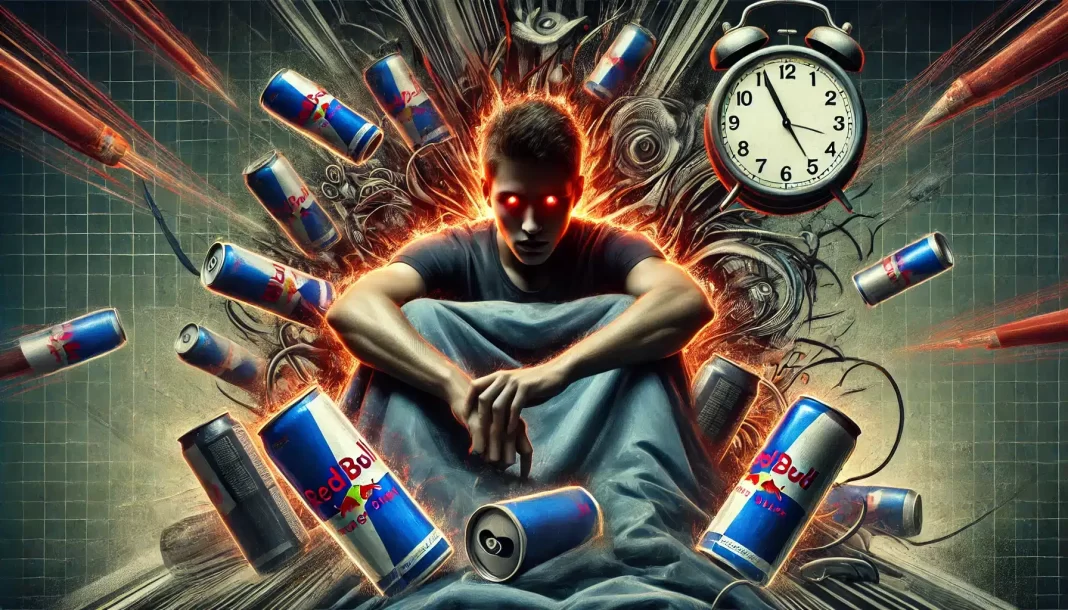A recent study has revealed a concerning link between the consumption of energy drinks and poor sleep quality, including insomnia, among college students. The research analyzed the sleep patterns and energy drink consumption habits of over 2,000 college students. The findings suggest that students who frequently consume energy drinks are at a significantly higher risk of experiencing sleep disturbances, which can have detrimental effects on their academic performance and overall health.
The Impact of Energy Drinks on Sleep Quality
Energy drinks, often loaded with caffeine and other stimulants, are popular among college students who use them to stay awake and alert during late-night study sessions. However, these drinks can have the opposite effect by disrupting natural sleep patterns. Students who consumed energy drinks regularly reported difficulty falling asleep, frequent awakenings during the night, and reduced overall sleep duration. These disruptions are directly linked to the high caffeine content in energy drinks, which can interfere with the body’s ability to fall and stay asleep.
Understanding the Link Between Caffeine and Insomnia
Caffeine, a primary ingredient in energy drinks, has a half-life of about five to six hours, meaning it can remain active in the body for a considerable time after consumption. This prolonged presence of caffeine can delay the onset of sleep and reduce sleep efficiency. For college students, whose academic demands often lead to irregular sleep schedules, the consumption of energy drinks exacerbates these challenges, leading to chronic sleep deprivation and insomnia.
Consequences for Academic Performance and Mental Health
The consequences of poor sleep quality and insomnia are far-reaching. Students suffering from sleep disturbances due to energy drink consumption are more likely to experience daytime sleepiness, impaired cognitive function, and decreased academic performance. Additionally, chronic sleep deprivation is associated with higher levels of stress, anxiety, and depression, further impacting students’ mental health and well-being.
Practical Recommendations for College Students
In light of these findings, experts recommend that college students limit their intake of energy drinks, particularly in the hours leading up to bedtime. Alternative strategies for maintaining alertness, such as taking short naps, engaging in regular physical activity, and practicing good sleep hygiene, are advised. These practices can help improve sleep quality and reduce the reliance on stimulants like caffeine.
The Need for Increased Awareness
The study underscores the importance of raising awareness about the potential negative effects of energy drinks on sleep. Universities and health professionals are encouraged to educate students about the risks associated with excessive caffeine consumption and promote healthier alternatives for managing energy levels. By fostering a better understanding of the link between energy drinks and sleep, it is possible to mitigate the impact on students’ academic and personal lives.
Conclusion
The link between energy drink consumption and poor sleep quality among college students is clear. As the popularity of these beverages continues to rise, it is crucial for students to be aware of the potential risks and to make informed choices that support both their academic success and overall health.





